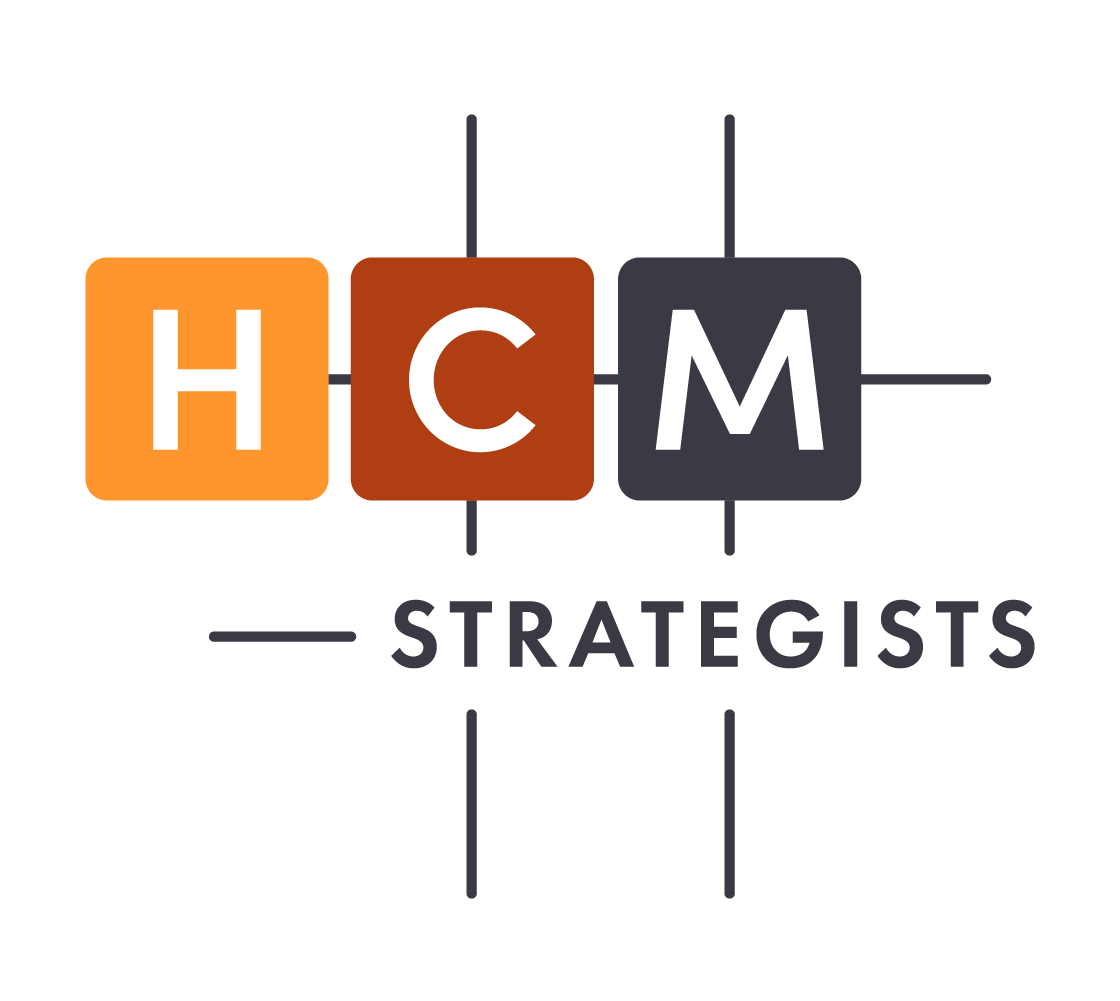The Voluntary Institutional Metrics Project
A Better Higher Education Data and Information Framework for Informing Policy
A coalition of 18 institutions of higher learning collaborated for two years to develop a breakthrough framework for data consideration in policymaking. This new framework urges measurement of five critical issue areas:
Repayment and default rates on student loans — revealing whether students who’ve graduated can get a job that allows them to repay their education loans;
Student progression and completion — showing progress toward and completion of a certificate or degree, including critical momentum points;
Cost per degree — consisting of the costs for an institution to produce a degree;
Employment outcomes for graduates—indicating a student’s ability to find employment and increase earnings after graduation; and
Student learning outcomes—telling how effectively an institution delivers and assesses the learning required for a given credential and facilitates comparisons of various institutions’ credential quality.
While there are major challenges that must be addressed in order to access some of the desired data, by moving to the defined set of five critical metrics laid out in the report The Voluntary Institutional Metrics Project, institutions can collectively provide a holistic perspective on institutional performance across postsecondary sectors. This work was made possible through the generous support of the Bill & Melinda Gates Foundation, and was coordinated by HCM Strategists.
With uniform measurement across these five issue areas, data from each institution can easily be observed and compared through a simple dashboard. You can view Dashboard snapshots below:
View the full report: THE VOLUNTARY INSTITUTIONAL METRICS PROJECT
